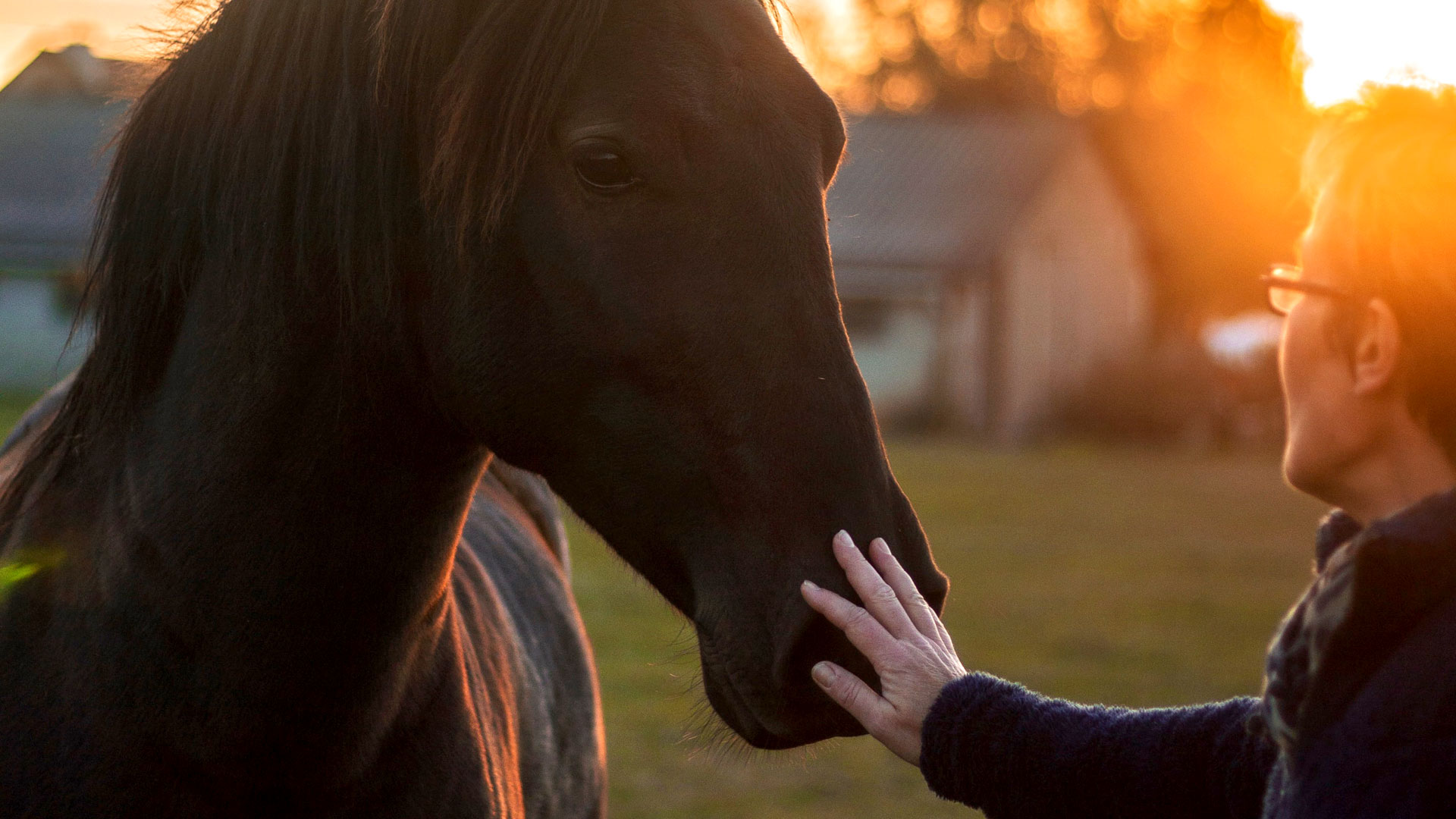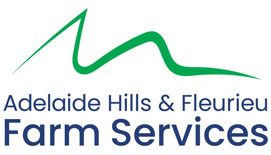
All farmers face similar challenges, no matter whether they are lifestyle farmers or commercial farmers, because they all need to work within the constraints of climate, soil, and other natural factors.
The main difference is that commercial farmers work on a larger scale because they rely on their land for their income, while lifestyle farmers typically earn their main income elsewhere and tend to run farms of a small or micro scale.
But be that as it may, there are still rules for thumb to consider when contemplating investment decisions on a farm relating to plant, equipment, crops, animals, etc.
This article will tackle how to apply these rules of thumb.
Is this farm equipment right for us?
Growing up on a farm and working closely with his dad, Pods had many discussions about buying equipment or changing farm practices.
All decisions on a farm bring up an interesting dynamic, from lifestyle farms to broadacre farms, and that dynamic involves the question: how much should we invest in plant and machinery.
Pods says spraying plant might appeal to some, while harvesting plant might seem to be a more effective use of funds for another.
He says many farming dollars can be chewed up quick smart in buying shiny toys, like those involving new global positioning satellites, but ultimately it boils down to how many dollars they have in the bank and what is the best outfit they can afford for their farming system.
As part of our Farm Planning and Advice service, Pods is available to meet with you and drawdown some knowledge and resources he’s built up over many decades on the land.
Ultimately, Pods says some machines available today would firmly sit in the category of Needs, and others of Wants.
Internally, we’re working through a process for making our own decisions about what equipment we buy next.
Pods is arguing for a linkage slasher while I’m arguing for a new, remote control lawnmower that does not need a human on them, enabling them to go on a 55 degree angle and under low hanging branches, which would be just perfect for our Adelaide Hills clients.
We’ll follow the same process we use for helping clients make decisions and despite all the passion involved in farming, it will boil down to looking at the numbers and making decisions that support our need for our business to be sustainable while helping others.
